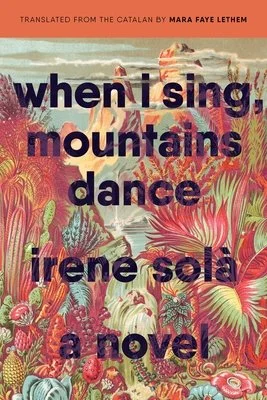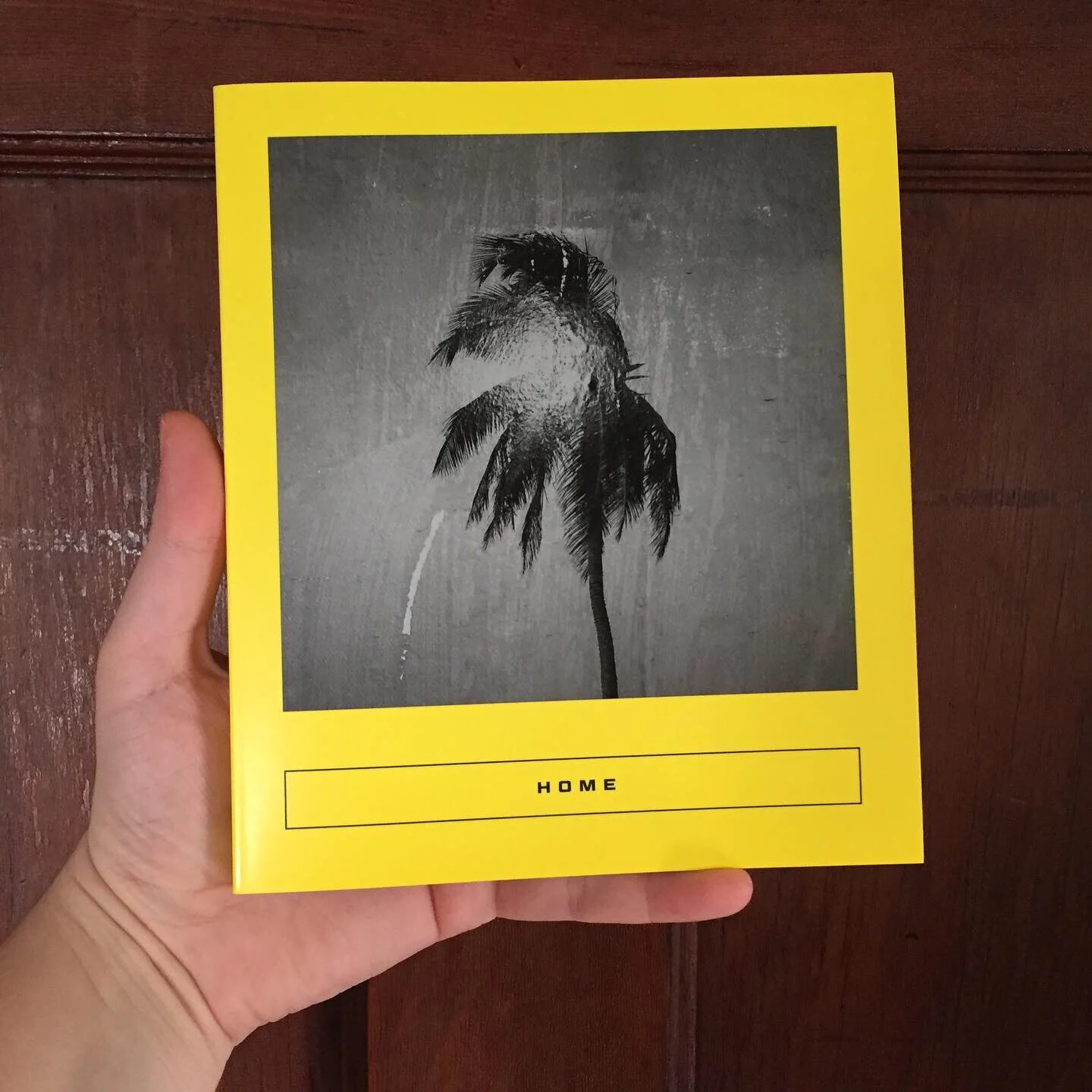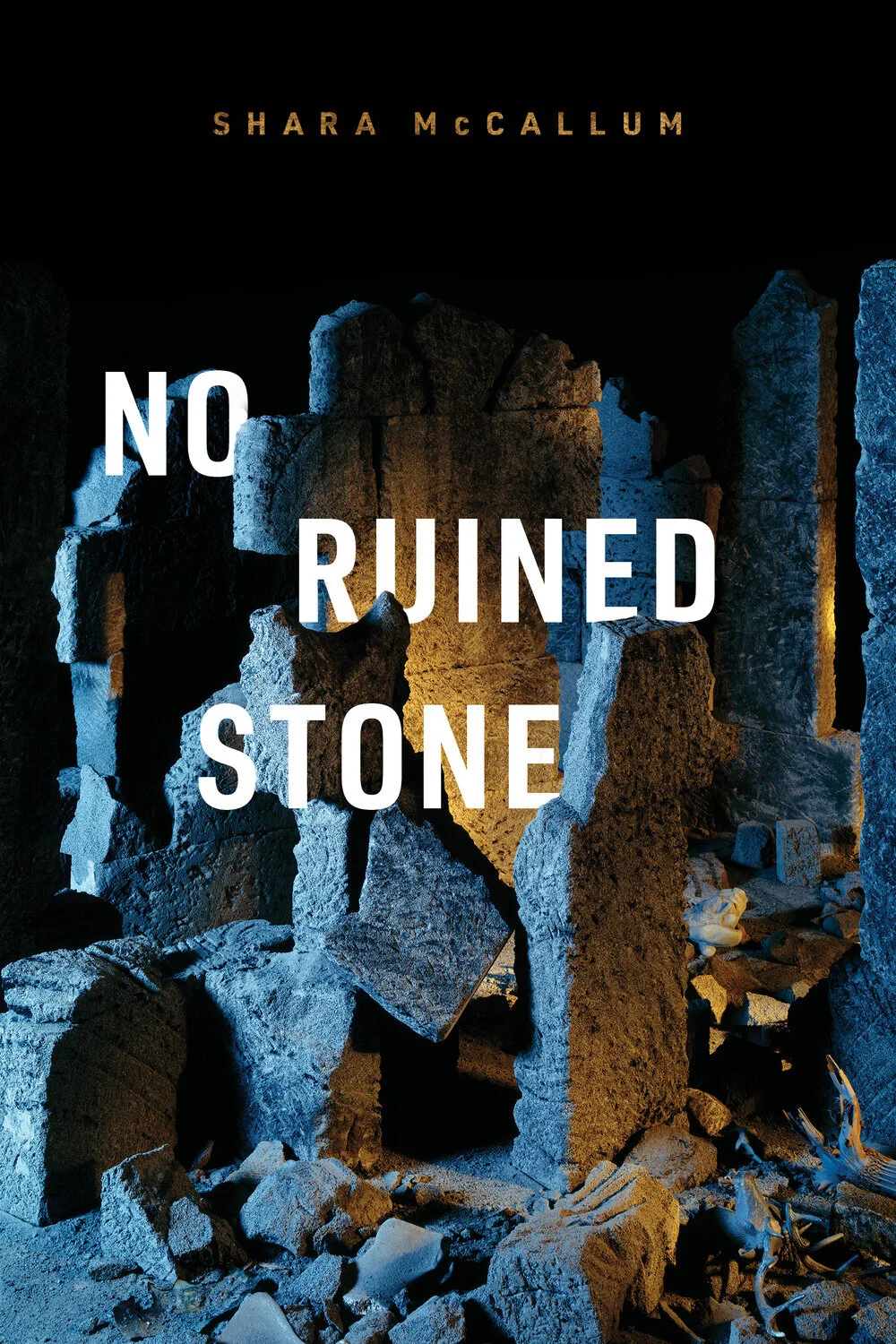Hot Off the Shelf: Real Phonies and Genuine Fakes
[image description: The book cover for Real Phonies and Genuine Fakes, which has a double image of a pop art Dolly Parton painting on the cover. Her hair is bright orange, her eyes and lips are red, and she’s wearing a blue turtleneck, all over a hot pink background. The book title is in orange across her chest.]
Disclaimer: I received a free copy of this book in exchange for an honest review and it’s legit one of my favorite poetry collections of all time!! There’s an affiliate link if you’d like to buy a copy for yourself.
I’ve had the indie publisher Milkweed Editions on my radar for nearly a decade now. I read a book they published, Ecology of a Cracker Childhood by Janisse Ray, when I was taking an ecological literature class in college and the book stuck with me so much that I’ve been paying attention to the other excellent titles Milkweed has published over the years. So when I saw a poetry book with Dolly Parton on the cover and the title Real Phonies and Genuine Fakes, I knew I had to read it!
Before I dive in further, the synopsis:
What is illusion―a deception, or a revelation? What is a poem―the truth, or “a diverting flash, / a mirror showing everything / but itself”?
Nicky Beer’s latest collection of poems is a labyrinthine academy specializing in the study of subterfuge; Marlene Dietrich, Dolly Parton, and Batman are its instructors. With an energetic eye, she thumbs through our collective history books―and her personal one, too―in an effort to chart the line between playful forms of duplicity and those that are far more insidious.
Through delicious japery, poems that can be read multiple ways, and allusions ranging from Puccini’s operas to Law & Order, Beer troubles the notion of truth. Often, we settle for whatever brand of honesty is convenient for us, or whatever is least likely to spark confrontation―but this, Beer knows, is how we invite others to weigh in on what kind of person we are. This is how we trick ourselves into believing they’re right. “Listen / to how quiet it is when I lose the self-doubt played / for so long I mistook it for music.”
Real Phonies and Genuine Fakes asks us to look through the stereoscope: which image is the real one? This one―or this one, just here? With wisdom, humility, and a forthright tenderness, Nicky Beer suggests that we consider both―together, they might contribute to something like truth.
Beyond the enticing description and cover, what drew me to Real Phonies and Genuine Fakes is authenticity is a thing I think about often. Who determines what is authentic, particularly in terms of an experience? Two people witnessing the same event can perceive it in different ways, so who’s to say which of their experiences of the event is the authentic one?
Even in terms of knock-offs and counterfeits, authenticity is less clear to me. For a hot minute as a teenager, I thought I wanted to be a writer and a fashion designer, so I developed a taste for name-brand clothes. At one point, I saved up my after-school job money for months to buy a Juicy Couture shirt I was dying to have. It was traffic cone orange with rustic exposed seams and the words “Juicy Couture” in a dark blue font that made it appear spray painted. I remember bringing the shirt home and my mother saying, “Hell fire, you could’ve made that yourself and saved $100.” And she wasn’t wrong. I could’ve sewn a shirt with exposed seams and spray painted anything I wanted on it and if I chose to paint “Juicy Couture” across the chest, who’s to say anyone would have known it wasn’t actually created by the brand? While the shirt itself, arguably, would not have been authentic, my experience of feeling high fashion by wearing a thing I made certainly would have.
Authenticity is fleeting and so often in the eye of the beholder, which is what makes it so challenging to write about. That’s why I love that Nicky Beer took a backward approach to the topic––by writing poems that examine what’s fake, Beer shows us what’s real. Whether she’s writing about Dolly Parton, Marlene Dietrich, or Batman, the poems aren’t about the person or thing itself but are instead about one’s experience and perception of the subject in question. The poem about Dolly Parton isn’t really about Dolly: it’s about drag day at Dollywood and how drag queens interpret Dolly Parton’s appearance. The poems about Marlene Dietrich aren’t about her, but rather about how her performances are seen through the eyes of others. The poem about Batman isn’t really about Batman, but how––when considered from a gender aware lens––what he doesn’t isn’t actually unique at all.
It’s not just celebrities and cartoon heroes we’re asked to consider––taxidermic two-headed calves, food art, art forgeries, magicians, plagiarists, liars, stereoscopes, self-portraits, exclusive interviews, and ghosts all make an appearance. Each element of the real and the fake are so thoughtfully rendered and brought to life in some of the most gorgeous prose I’ve ever read.
I often feel about poetry collections the same way I do about short story collections. Many poems are good, some are great, and others are terrible, and when you put them all together they hover somewhere in the realm of above average. But Real Phonies and Genuine Fakes is 99% bangers. I don’t think I’ve ever read a poetry collection where I absolutely loved every single poem, but with maybe one exception I do here. In the words of an album of country covers I’ve been listening to lately––music covers themselves being their own kind of artifice––Real Phonies and Genuine Fakes is full of “slappers, bangers, and certified twangers.”
The heart of the matter is: You can’t spell “artifice” without “art.” We’re taught that the pursuit and capture of authenticity is noble, but when taken to its literal, bitter end it’s disappointing and boring. So often authenticity for one leaves much to be desired for another. And in the messy in-between are the Dolly Partons and the Andy Warhols who derive inspiration from so much around them that they create something captivating in the process. If that’s not a kind of authenticity, I don’t know what is.
I’d never heard of Nicky Beer’s poetry before reading Real Phonies and Genuine Fakes, but I’m about to break my scroll finger hitting “add to cart” on her previous collections.
If you’d like a copy of Real Phonies and Genuine Fakes, and I really hope you do, I’d appreciate it if you’d use my Bookshop link to order your copy. Bookshop is an Amazon-alternative that supports indie bookstores and blogs like mine.






